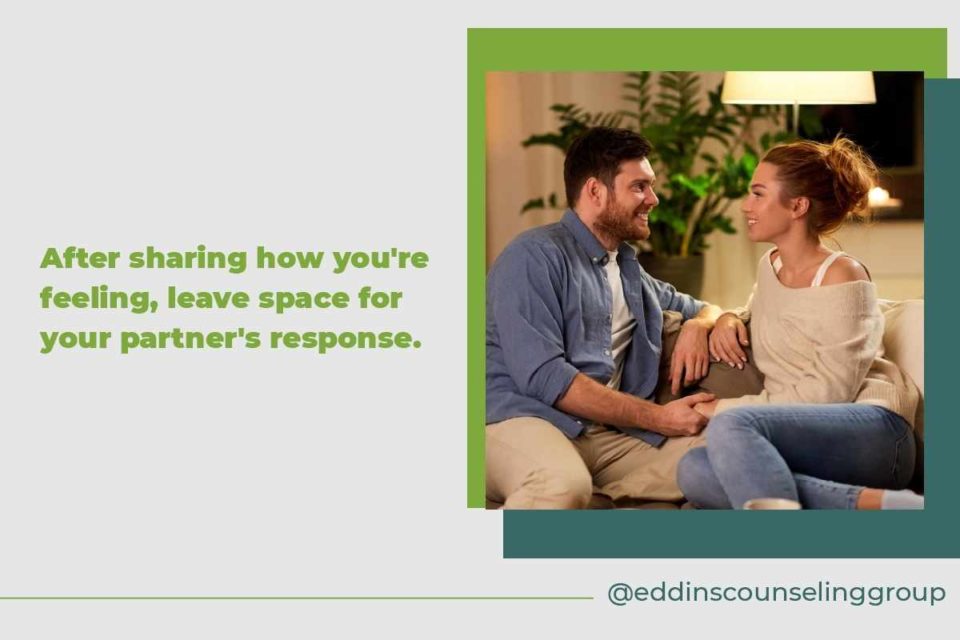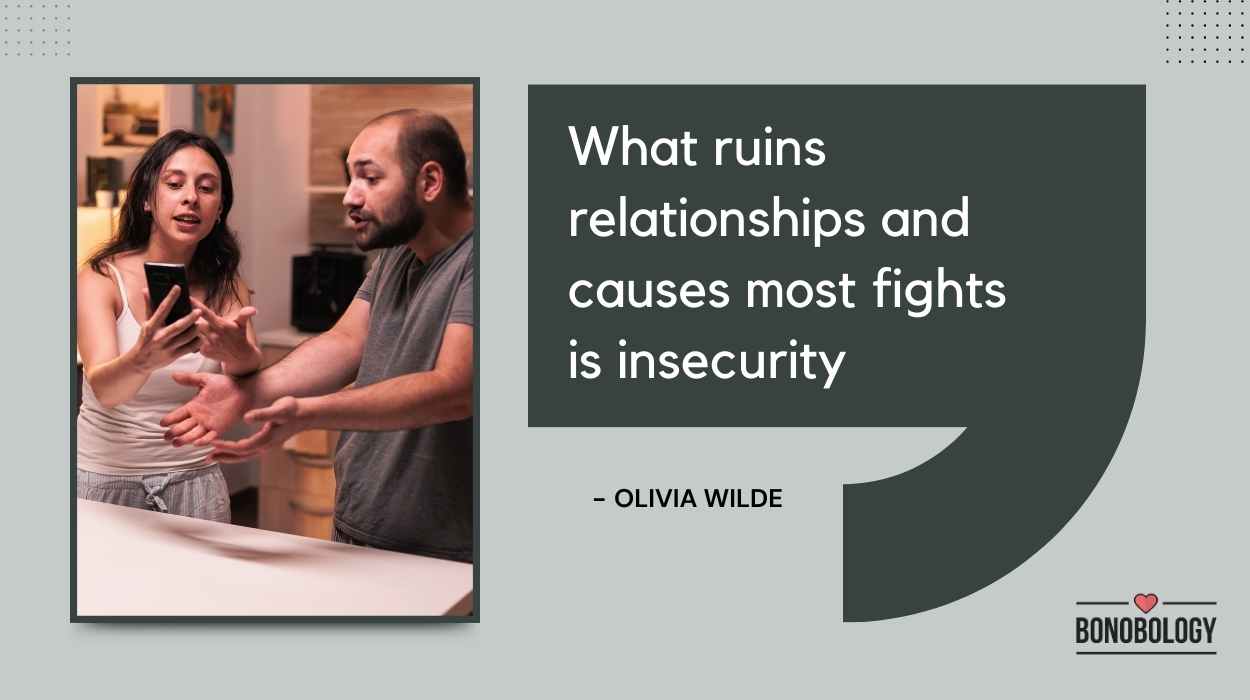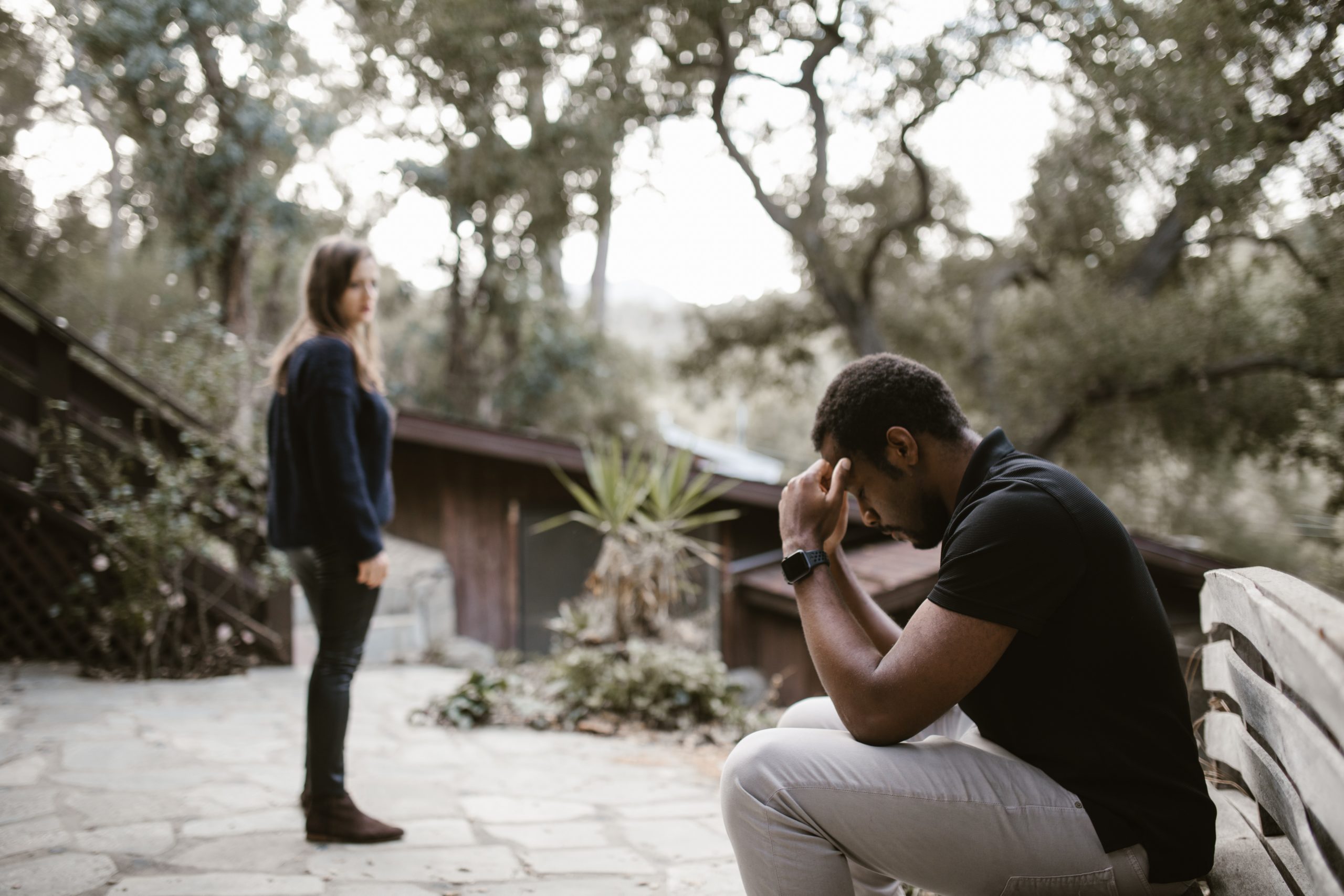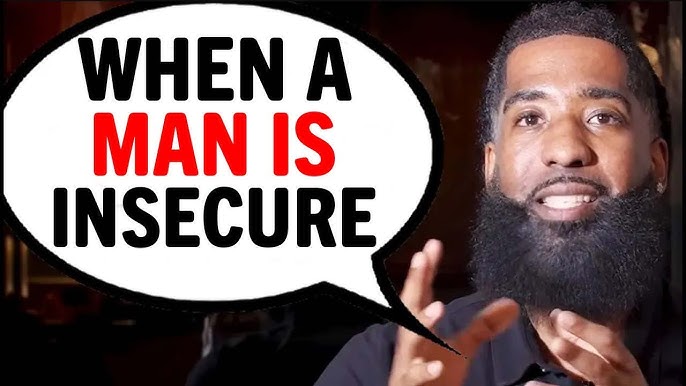
Understanding Insecurities in Dating
Definition of Insecurities
Insecurities in dating refer to the feelings of uncertainty and self-doubt that can manifest when individuals navigate romantic relationships. These emotions often stem from a fear of being inadequate, unlovable, or unworthy. Think of it as a shadow that looms over your confidence.
Common Causes of Insecurities in Dating
Common causes of dating insecurities include:
- Past Experiences: Previous heartbreaks or rejections can haunt one’s confidence.
- Comparison to Others: Social media often reinforces unrealistic beauty or relationship standards.
- Fear of Rejection: The worry that someone won’t reciprocate feelings can be paralyzing.
For example, someone might constantly compare themselves to their partner’s exes, causing them to feel less worthy. Understanding these causes is the first step toward addressing and overcoming these insecurities.

Recognizing and Addressing Personal Insecurities
Self-Reflection: Identifying Your Insecurities
To tackle insecurities, self-reflection is crucial. Take some quiet time to explore what specifically triggers your feelings of inadequacy. Consider journaling your thoughts or talking them out loud.
- Questions to ask yourself:
- What situations make me feel insecure?
- Which comparisons do I often make?
These questions can help untangle complex emotions.
Challenging Negative Thoughts and Beliefs
Once you’ve identified your insecurities, it’s time to challenge them. For instance, when that inner voice tells you, “You’re not attractive enough,” counter it with evidence from compliments received or moments when you felt confident.
- Strategies to combat negative thoughts:
- Rewrite the narrative: Turn “I’m not good enough” into “I have qualities that make me unique.”
- Practice positive affirmations daily.
By consistently confronting these negative beliefs, individuals can build a more positive self-image, paving the way for healthier relationships.

Building Self-Confidence in Dating
Embracing Your Strengths and Unique Qualities
Building self-confidence begins with recognizing and embracing your strengths. Reflect on what makes you, you! Is it your sense of humor, creativity, or kindness?
- Make a list of your strengths:
- Great listener
- Supportive friend
- Passionate about a hobby
Celebrating these qualities can shift your focus from insecurities to self-acceptance.
Setting Realistic Expectations for Yourself
Alongside embracing your uniqueness, it’s essential to set realistic expectations in dating. Recognize that no one is perfect, including you.
- Consider these points:
- Expect ups and downs in relationships.
- Understand that everyone has flaws.
By maintaining realistic standards, you’re less likely to feel pressured and more likely to enjoy the journey of dating, allowing confidence to grow organically.

Effective Communication in Relationships
Expressing Your Needs and Emotions
Once confidence is built, effective communication becomes vital in relationships. Expressing your needs and emotions clearly fosters understanding. No one is a mind reader!
- Tips for effective expression:
- Use “I” statements, e.g., “I feel overwhelmed when…” to avoid sounding accusatory.
- Be specific about what you need, whether it’s reassurance or quality time.
This clarity helps your partner understand how to support you better.
Active Listening and Empathy
Equally important is active listening. When you truly listen, you validate your partner’s feelings, promoting intimacy.
- Key active listening skills:
- Maintain eye contact and nod to show engagement.
- Paraphrase what your partner says to ensure understanding, e.g., “So what you’re saying is…”
By fostering an empathetic environment where both partners feel heard, relationships can flourish and deepen, leading to a more fulfilling connection.

Seeking Support and Professional Help
Talking to Friends and Family
As relationships develop, seeking support from friends and family becomes vital. Confiding in loved ones can provide comfort and perspective.
- Ways to initiate conversations:
- Choose a trusted friend and share your experiences openly.
- Ask for their opinions or insights to gain clarity.
Their outside perspective often helps in understanding situations that feel overwhelming.
Therapy and Counseling Options
In some cases, professional help may be beneficial. Therapy can provide tools and strategies to address deeper insecurities and relationship challenges.
- Consider these therapy options:
- Individual therapy for personal growth.
- Couples counseling to improve relationship dynamics.
Therapists can offer a safe space to explore feelings, fostering personal growth and healthier relationships. Seeking help is a brave step toward self-improvement and emotional well-being.

Embracing Vulnerability and Acceptance
Understanding the Value of Vulnerability
Embracing vulnerability is a powerful step in building meaningful connections. Being open about your feelings and fears, rather than hiding them, can lead to deeper intimacy.
- Benefits of vulnerability:
- Fosters deeper emotional connections.
- Encourages honesty and transparency.
For instance, sharing your insecurities with a partner can bring you closer and strengthen mutual trust.
Practicing Self-Acceptance and Self-Love
Alongside vulnerability, self-acceptance and self-love are essential components of healthy relationships. Learn to embrace your quirks and imperfections.
- Ways to practice self-acceptance:
- Affirm your worth daily with positive self-talk.
- Engage in activities that nurture your passions.
By nurturing a love for yourself, you not only enhance your confidence but also create a solid foundation for loving others. This journey of acceptance leads to richer, more authentic relationships.

Setting Boundaries and Prioritizing Self-Care
Establishing Healthy Boundaries in Relationships
In addition to embracing vulnerability, setting boundaries is vital for maintaining healthy relationships. Establishing what is acceptable and what isn’t can help both partners feel respected.
- Tips for effective boundary-setting:
- Clearly communicate your needs and limits.
- Be assertive, yet respectful, when discussing boundaries.
For example, if you need alone time to recharge, don’t hesitate to express that to your partner.
Importance of Self-Care Practices in Boosting Confidence
Complementing boundary-setting with self-care practices can significantly boost your confidence. Prioritizing self-care helps you recharge emotionally and physically.
- Self-care ideas include:
- Regular exercise to release endorphins.
- Setting time aside for hobbies and relaxation.
Engaging in self-care reinforces your self-worth, making it easier to enforce boundaries and maintain a balanced, fulfilling relationship. By valuing yourself, you foster healthier interactions.

Moving Forward: Growth and Learning from Experiences
Embracing Growth Mindset in Dating
As one reflects on their journey in dating, embracing a growth mindset is crucial. Viewing challenges as opportunities for development allows individuals to adapt and thrive.
- Characteristics of a growth mindset:
- Seeing failures as learning experiences.
- Remaining open to feedback and self-improvement.
For instance, a rejection can be a learning moment, helping you understand what you’re truly seeking in a partner.
Learning from Past Relationships and Embracing Positive Changes
Learning from past relationships is essential for personal growth. Instead of dwelling on what went wrong, focus on the insights gained.
- Questions to consider:
- What did I learn about my needs?
- How can I apply these lessons in future relationships?
By reflecting on these questions, individuals can embrace positive changes, fostering healthier connections in future dating experiences. This focus on growth paves the way for more fulfilling relationships moving forward.
